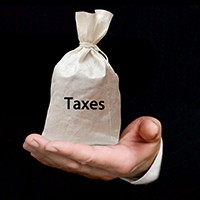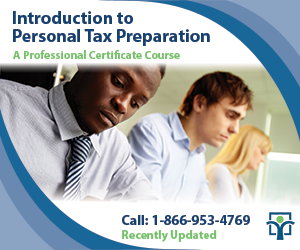Last updated: January 23 2018
No Tax Relief for Middle Class: A Bigger Bill Despite Government Claims

A recent study by the Fraser Institute reveals that the Liberal government’s changes to the personal income tax system have already raised taxes for the vast majority of middle-income Canadian families (81 percent) by an average of $840 annually. But there’s more to come. . .
The study predicts that once changes to CPP are fully implemented in 2025, almost all middle-income families with children will pay higher taxes—98.8 percent will owe an average of $2,260 more every year than before the Liberals came into office.
This trend, unfortunately, in the face of the Trudeau government’s campaign promises to reduce the income tax burden for middle-income families, and their claims to have done so since assuming office. In fact, this claim is based only on having lowered the tax rate on the second-lowest income bracket from 22 to 20.5 percent, but does not take into account the elimination of family business income-splitting opportunities and the following tax credits: public transit, children’s fitness, tuition and textbooks.
When these tax changes cuts are accounted for, the study finds, taxes have, in fact been raised, not lowered, on middle-class families (defined as a parent or parents with a child or children under 18).
According to the Fraser Institute, almost all of the 2.988 million families in Canada with children (excluding those in Quebec) will end up paying higher taxes after the increase in CPP payroll taxes is fully rolled out in 2025. Fully 92.2 percent of all families will pay $2,218 more each year, on average. And those earning between $77,839 and $110,201 will bear the greatest burden with an annual tax increase of $2,260. That adds up to 98.8 percent of middle-income families (nearly all of the 597,000 families in this income range) paying more tax every year—not less.
 |
It seems the potential for higher taxes is a certainty for most Canadian families, and that middle-class families will indeed take a hit too. And these forecasts come before any other changes to federal taxes, including carbon pricing and the controversial tax rules for passive investment income in private corporations; neither do we know the 2018 provincial budget news either.
Higher taxes for the average Canadian mean a lower paycheque and less in each family’s pocket, taking away from the potential for savings, investing for retirement and debt management.
Bottom line: Tax and financial advisors: now is the time to have in-depth discussions with your clients to share the impact of change and the reasons for rising tax bills coming their way—and already underway. Taxpayers: use your tax breaks before you lose them: find out what tax efficiencies apply to your situation with sound professional help.
Additional educational resources: Knowledge Bureau’s range of tax courses can prepare you to minimize the tax hit for your clients--Introduction to Personal Tax Preparation, Intermediate Personal Tax Preparation, Advanced Family Tax Preparation. And our professional designation programs give you the knowledge and tools you need to become a trusted tax advisor to the families you serve, including: DFA–Tax Services Specialist and the Real Wealth Manager (RWM) Program.
©2018 Knowledge Bureau Inc. All Rights Reserved.





